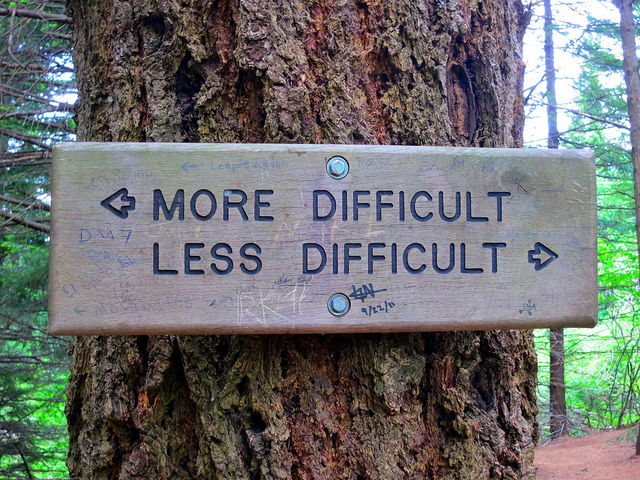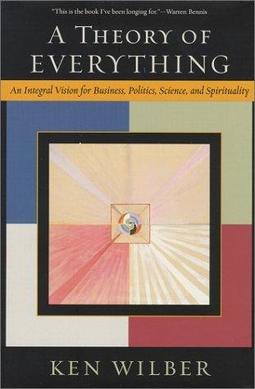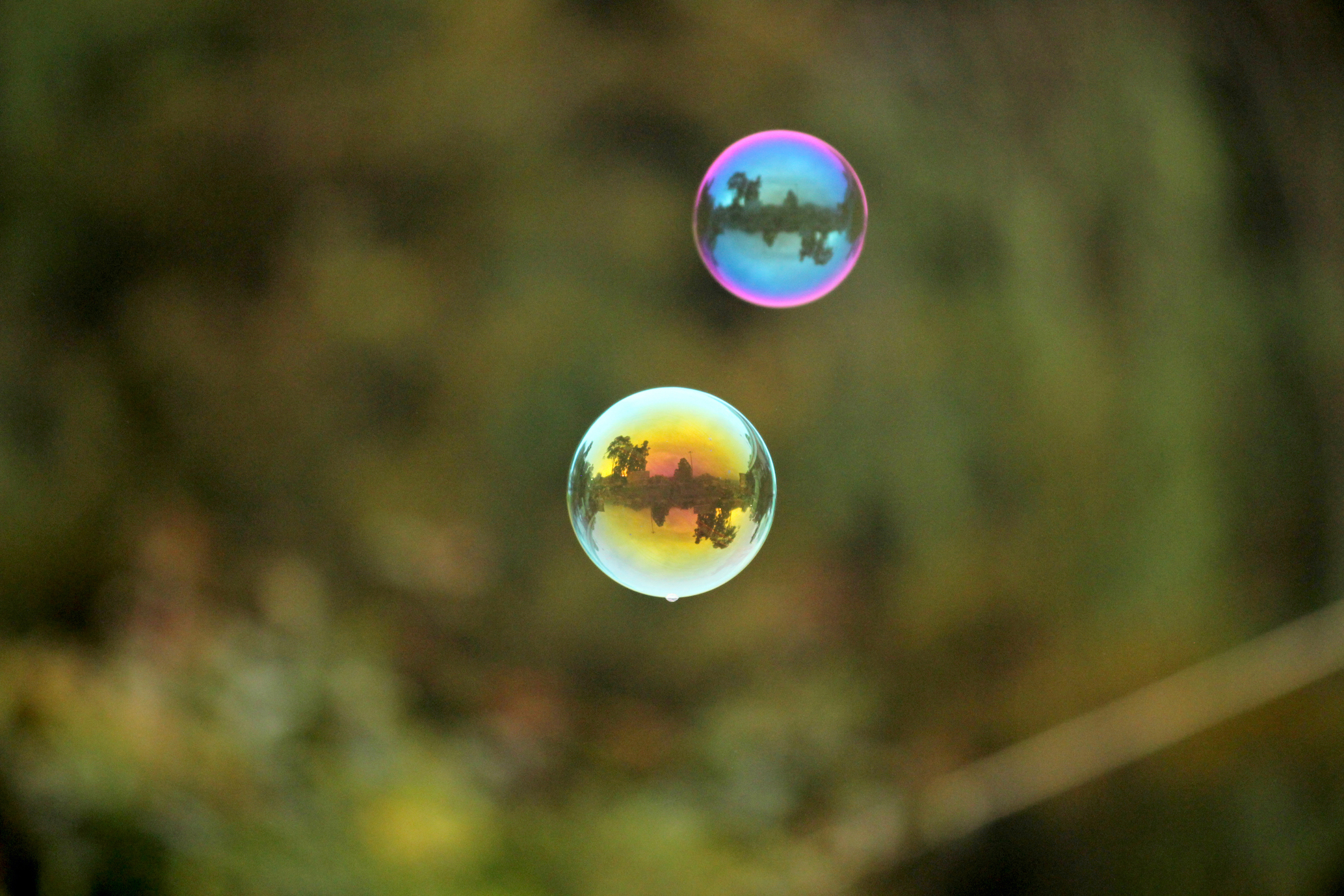The Proof is in the Pudding
Article By Conor McMahon

We all know the phrase, “the proof is in the pudding.” You don’t want a chef to tell you how great his food is. He has to make it to prove himself. The same should be applied to philosophy. What’s the point of a degree in philosophy if you’re not living it? Epictetus supported this belief saying, ‘A builder does not say, “Listen to me talking about the Art of Building”’. In this way our knowledge shines through in the things we do. And if pudding is the proof of a chef, what is the pudding of a philosopher and how do we make it?
For the Stoics, philosophy was primarily about the Art of Living. But this is not so easy as Seneca observed, ‘Just as some dyes are readily absorbed by the wool, others only after repeated soaking. It must soak in, not just giving a tinge of colour but a real deep dye, or it cannot deliver on any of its promises’.
In both Buddhism and Stoicism there is a real emphasis on living the practices and making them part of your daily life. Like paying attention to tying your shoelace. It’s funny to look back and see that the mind’s initial reaction to laughing at this was a mask of fear at the prospect of breaking the endless stream of thinking. This is what’s meant by the phrase, ‘when you’re washing your hands, wash your hands’. Be at one with the task and stop thinking about what you’re going to have for dinner or what you’re going to watch next on TV.
Most of the time as we move through the world we are responding to an unconscious belief system that’s causing emotions to arise and for us to act in different ways. We’re buying food in the supermarket and we look at the floor instead of chatting with the cashier. We might tell ourselves we don’t want to bother them, or if we talk to them today, then we’ll be compelled to talk to them tomorrow. All these thoughts are flashing through our minds often without us even being aware of them, telling us that danger is lurking in the tall grass. And often these thoughts are misleading, or blown out of proportion.
So how do we become aware of these unconscious systems? We need to take conscious action and move towards the uncomfortable feelings instead of away from them. We need to step out of our comfort zone and engage in the battlefield of life. Through action we can see reality more clearly and begin to dissolve the fantasies created by our mind. Soon those uncomfortable feelings become a guiding force, and we can use them as opportunities to learn and not to run for cover.
Part of this is also accepting that things can and will get bad. There’s no use being calm only when surrounded by candles in the comfort of your own home. As Seneca said, ‘The sea is calm now but do not trust it. Pleasure boats that were out all morning are sunk before the day is over’.
As humans we have the ability to change by looking at our first response. First we monitor, then we make changes. For example, the next time you’re driving and someone cuts in front of you, observe the instinctive reaction to lash out and shout back at them. Create some space between you and the reaction. When you do this you’ll find yourself suddenly in control, and realising that you don’t have to get angry. It’s not a given. Even better, once you use this as a practice you can welcome the bad driving of others with humour as they are helping you on the spiritual path. As the Dali Lama said, ‘Without an enemy’s action, there is no possibility for patience or tolerance to arise’.
Image Credits: By Lukas | Pexels | CC BY PD
The entity posting this article assumes the responsibility that images used in this article have the requisite permissionsImage References
By Lukas | Pexels | CC BY PD
Permissions required for the publishing of this article have been obtained




What do you think?